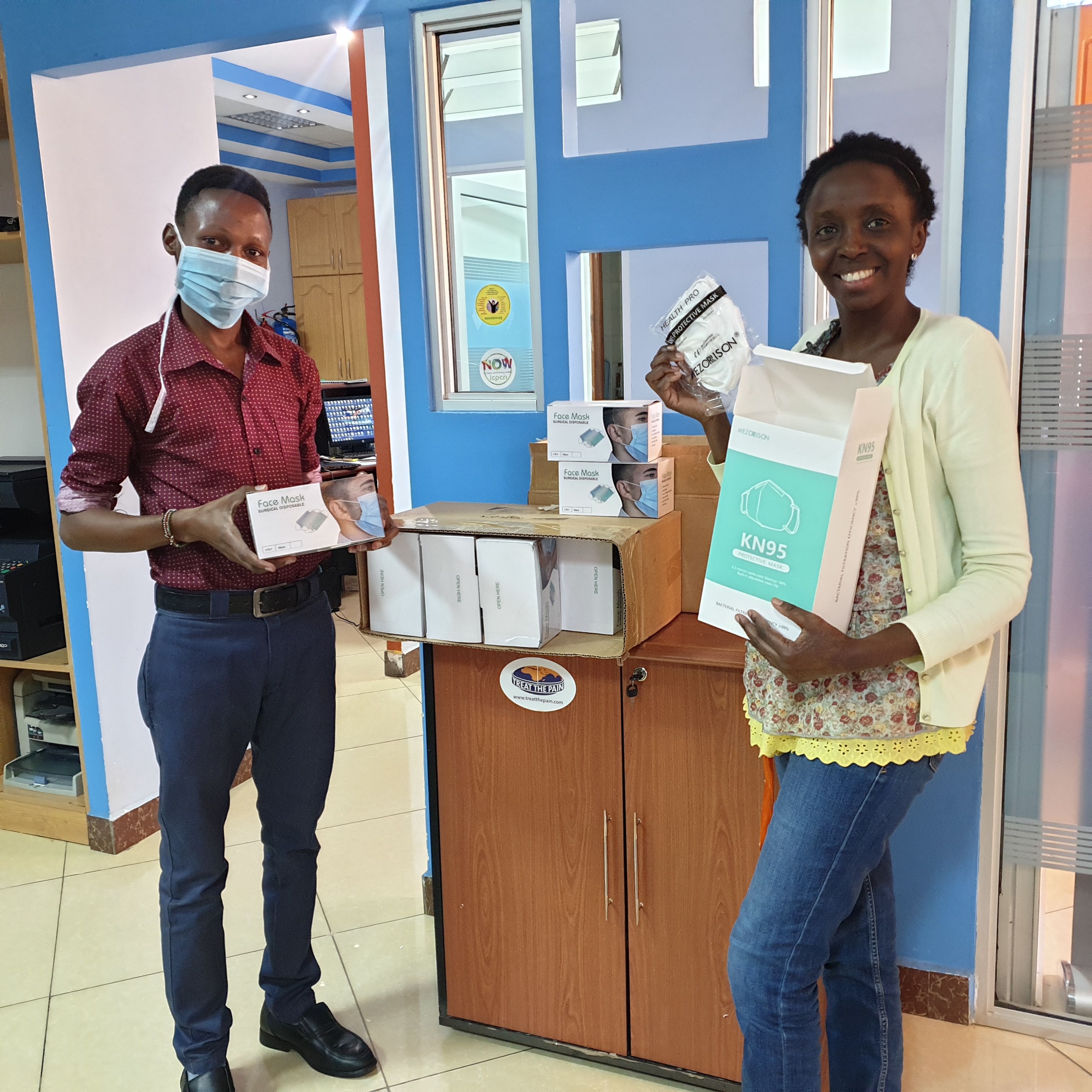Pamoja Twaweza - Together We Can Win Against COVID-19

Palliative care is unique in its ability to offer a holistic approach to patient care. The capacity to address the patient’s physical, psychosocial, and spiritual needs and adapt to various circumstances makes palliative care special. Even in the midst of the COVID-19 pandemic, palliative care providers continue to deliver the best possible care within their communities. These heroes put their lives at stake every day to ensure continued care for their patients. But individual providers can’t do it all on their own. Even organizations need a larger network and support system that help make these efforts possible: training health professionals, obtaining adequate supplies, generating awareness, and fighting restrictive regulations. Palliative care is a team effort; it requires collaboration at both the individual and organizational level. National associations of palliative care bring crucial support and guidance to organizations do they can have a much greater impact. Dr. Zipporah Ali and her team at the Kenya Hospices and Palliative Care Association (KEHPCA) strive to do just that. As the national palliative care organization, their mission is to create networks of informed and empowered institutions throughout Kenya. In a KEHPCA documentary titled “Behind the Hidden Smile”, Dr. Ali affirms, “What we really do is deliver advocacy at the policy level, at training level, at the public level and also work with other stakeholders who are interested in palliative care, to bring palliative care to the level where it should be.” KEHPCA has been at the forefront of palliative care training, education, and advocacy across Kenya since its inception in 2005, and it continues to be a dynamic leader in today’s battle against COVID-19. KEHPCA’s pandemic preparation and response includes: providing palliative care guidelines for COVID-19 management, developing information, communication, and education materials for palliative care providers and families, conducting surveys of Kenya hospices and PC units to identify key concerns, and securing essential Personal Protective Equipment (PPE) for palliative care providers across the country with the help of international partners. KEHPCA is also working closely with their Ministry of Health/Mental Health Department to engage palliative care clinicians in implementing psychosocial support to patients, families, and fellow health workers. In a recent blog post, Dr. Ali writes, “This is a fight that requires we all join forces to mitigate the negative impact of COVID-19. Pamoja twaweza,” which is Swahili for “together we can.” We are all facing our own individual battles, and we are all uniquely affected by this virus—but we are all in this fight together. Hospice and palliative care programs around the globe are maintaining support of their communities while national organizations like KEHPCA are integrating palliative care into country-wide responses against COVID-19. This combination of grassroots and national initiatives is the key to ensuring palliative care for those in need throughout this pandemic and beyond.